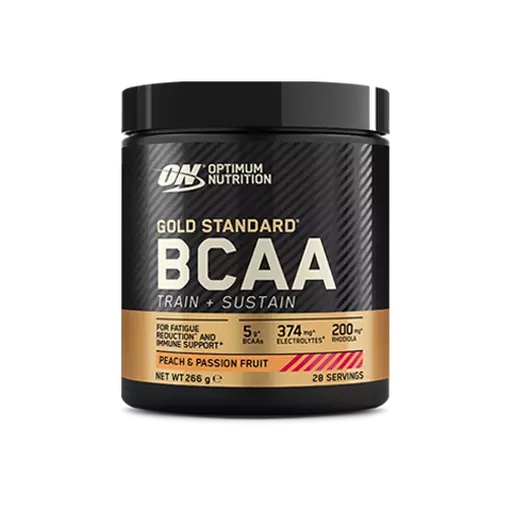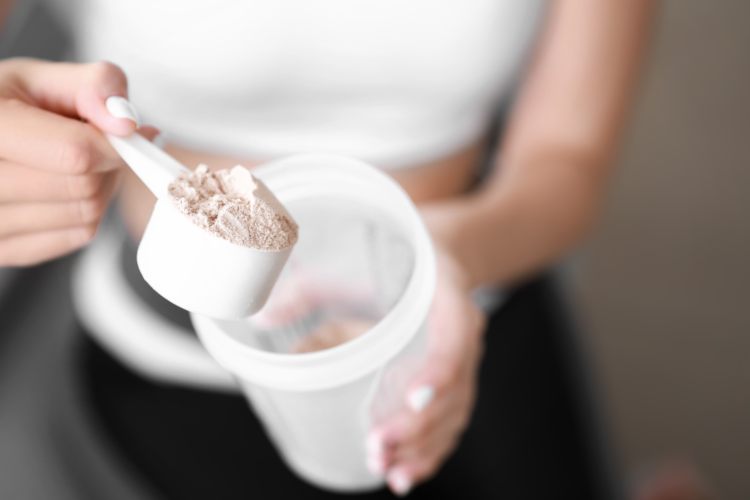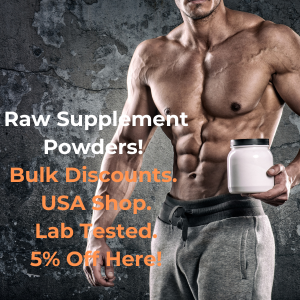In the world of fitness and nutrition, the idea that protein powder is an essential post-workout supplement has become deeply ingrained. However, the truth is that while protein is indeed important for muscle recovery and growth, consuming protein powder immediately after a workout is not necessarily a requirement for everyone. Understanding the role of protein in the post-exercise recovery process and how it fits into your overall nutrition plan can help dispel the myth that protein powder is a must-have after every workout.
- What Are The Effects Of Creatine And Alcohol
- Does Creatine Boost Testosterone Everything You Need To Know
- Will Creatine Help Me Lose Weight?
- Does Creatine Break A Fast And Can You Take Creatine When Fasted?
- Does Creatine Help With Muscle Recovery
- Will Creatine Cause You To Weight Gain?
Protein plays a crucial role in muscle repair and growth, especially after strenuous exercise that causes muscle damage. During a workout, muscle fibers undergo stress and microscopic tears, which trigger the body’s repair process. Consuming protein post-exercise provides the amino acids necessary for rebuilding and repairing these damaged muscle fibers, ultimately leading to muscle hypertrophy and adaptation. While protein powder can be a convenient source of protein, it’s important to remember that whole food sources of protein, such as lean meats, poultry, fish, eggs, dairy products, legumes, and nuts, can also effectively support muscle recovery and growth.
Moreover, the timing of protein consumption in relation to your workout is less critical than once thought. While the “anabolic window,” or the idea that there’s a limited time frame after a workout when protein consumption maximizes muscle protein synthesis, has been a popular concept in the fitness community, recent research suggests that this window may be broader than previously believed. Studies have shown that muscle protein synthesis rates remain elevated for several hours after exercise, indicating that as long as you consume an adequate amount of protein throughout the day, the timing of protein intake immediately after a workout may not be as crucial as once thought.
Furthermore, the overall composition of your diet and meeting your daily protein needs are more important factors to consider for muscle recovery and growth than the timing of protein consumption after a workout. Aim to spread your protein intake evenly throughout the day, focusing on high-quality protein sources with each meal and snack. By prioritizing whole foods rich in protein and other essential nutrients, you can optimize muscle recovery, support overall health, and achieve your fitness goals without feeling pressured to rely solely on protein powder as a post-workout necessity. Remember, individual nutrition needs vary, so it’s essential to listen to your body and consult with a registered dietitian or nutritionist for personalized guidance on fueling your workouts and optimizing your nutrition plan. Shop raw supplements, bulk discount, lab tested 5% off here!

Buy BCAA Online
We Have Some Of The Best BCAA Supplement Out There!
Come have a look what types of BCAA we have? Shop the best BCAA! We have found the best deals! Or please feel free to read more about the many benefits of BCAA Supplements on site.
FAQs
Is protein powder necessary for muscle recovery after a workout?
No, protein powder is not necessary for muscle recovery after a workout. While protein is essential for muscle repair and growth, you can effectively meet your protein needs through whole food sources such as lean meats, poultry, fish, eggs, dairy products, legumes, and nuts. Protein powder can be a convenient option, but it’s not a requirement for supporting muscle recovery and growth.
What is the “anabolic window,” and is it essential to consume protein immediately after a workout?
The “anabolic window” refers to the belief that there’s a limited time frame after a workout when consuming protein maximizes muscle protein synthesis. While this concept has been popular in the fitness community, recent research suggests that the anabolic window may be broader than previously believed. Muscle protein synthesis rates remain elevated for several hours after exercise, indicating that the timing of protein intake immediately after a workout may not be as critical as once thought.
How much protein should I consume after a workout to support muscle recovery?
The amount of protein you need after a workout depends on factors such as your body weight, fitness goals, and overall diet. As a general guideline, aim to consume around 20-30 grams of protein post-exercise. However, meeting your daily protein needs and spreading your protein intake evenly throughout the day is more important than the timing of protein consumption immediately after a workout.
Are there any benefits to consuming protein powder after a workout?
Protein powder can be a convenient and portable source of protein, especially for those with busy lifestyles or dietary restrictions. While it’s not necessary for muscle recovery after a workout, protein powder can help you meet your protein needs if you’re unable to consume whole food sources of protein immediately post-exercise. However, whole foods should still be prioritized in your overall nutrition plan.
Can I achieve my fitness goals without consuming protein powder after a workout?
Yes, you can achieve your fitness goals without consuming protein powder after a workout. Meeting your daily protein needs through a balanced diet that includes a variety of whole food sources of protein is key to supporting muscle recovery, growth, and overall health. Protein powder can be a convenient option, but it’s not essential for success in your fitness journey.


